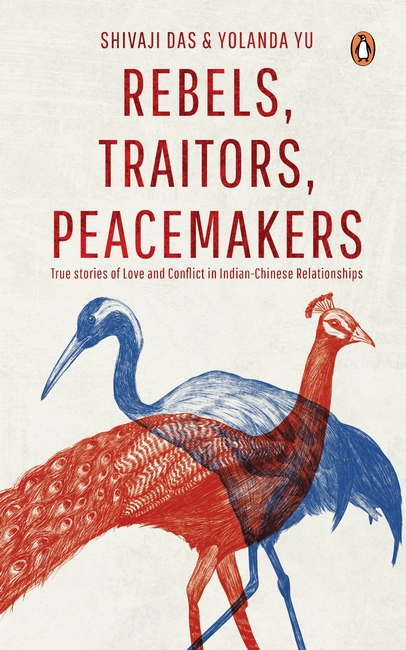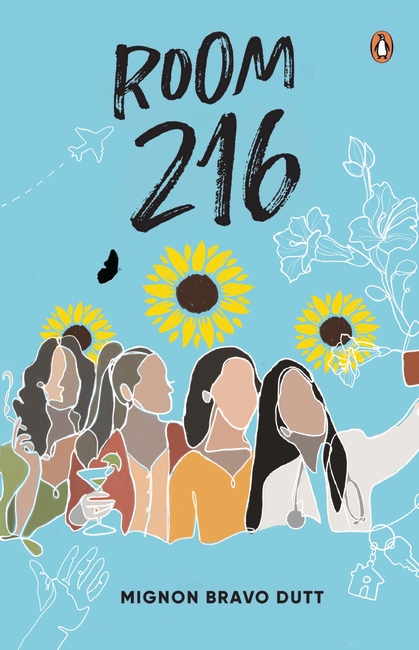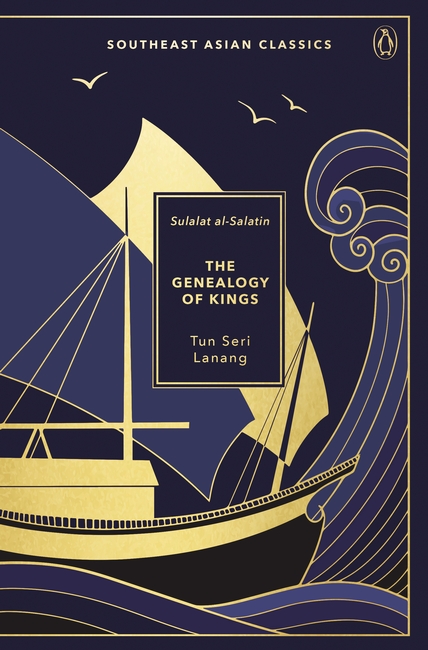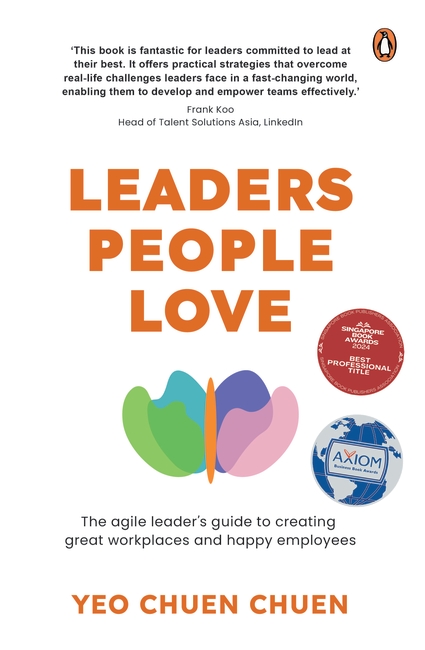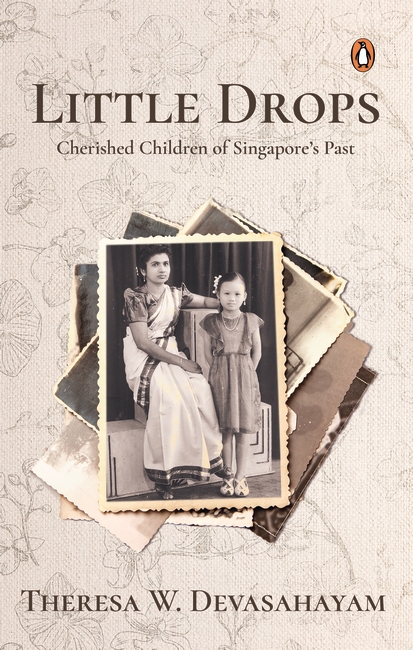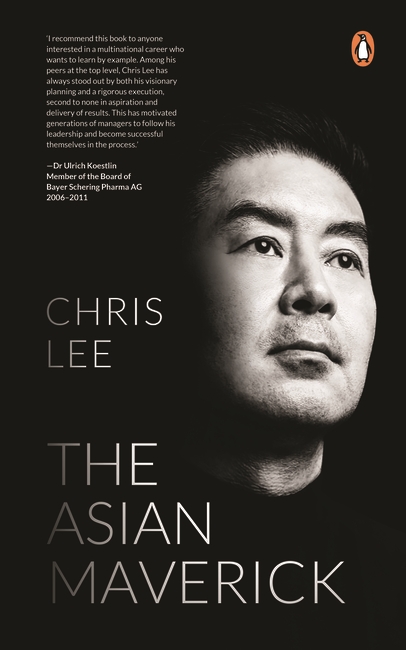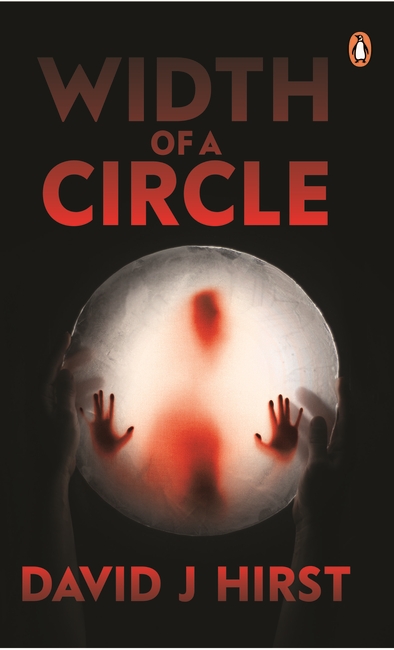Bryce and Nora fall in love in their last year of high school. They worry about their relationship surviving after graduation but are separated sooner when Bryce’s father is transferred and Bryce has to leave.
Bryce promises to write but not in a conventional way. He promises to leave messages behind pictures in hotels where his father works. He tells Nora if she finds his messages, they are meant to be together.
Years pass and Bryce leaves messages for Nora as promised, but wonders if it may be more of a habit than anything else.
Bryce and Nora have moved on to other partners over the years and while Bryce still leaves messages for Nora, she has mostly forgotten his promise until she finds an old photo of Bryce. She begins to search for his messages and succeeds in finding one.
This action is enough for fate to trigger a series of serendipitous events that will bring Bryce and Nora together again but at what cost and who will pay the price?
Archives: Books
Rebels, Traitors, Peacemakers
‘You shouldn’t be with a Chinese girl…that should be my girl,’ a man in Singapore allegedly said this to a Chinese-Indian couple as he spat towards them. In a world brimming with such prejudice and cultural tensions, a remarkable phenomenon emerges: nearly one in five marriages in the USA and Singapore are now interracial. “Rebels, Traitors, Peacemakers,” explores this phenomenon through real stories of Indian-Chinese relationships, delving into the love and turmoil in such lives, where cultural boundaries are shattered and hearts are forged against all odds.
Spanning across Asia, Europe, and the Americas, these heartfelt accounts transcend borders, age, and sexual orientation to illuminate the unfiltered reality of cross-cultural unions. Families disown their own flesh and blood, individuals get locked and beaten up, and online trolls attack relentlessly. Married life offers no respite – cultural expectations breed misunderstandings, life seems hopeless in front of the unfamiliar letters on the washing machine, and differing parenting styles fuel frequent arguments over raising kids. The couples often ask themselves – why did I make my life so complicated?
And yet, the featured stories reveal the couple’s deep admiration for each other and a steely commitment to sustain their syncretic relationship. The Chinese father-in-law now dances Indian style. Strict vegetarians start cooking meat. While their love first appeared as treacherous rebellion, its endurance transforms lives and communities, forging a path towards unity in our fragmented world.
Journey alongside these bold protagonists, who through their triumphs and struggles, illuminate the intricacies of human nature and our universal yearning for connection.
ROOM 216
Room 216 is about four strong female characters and their complex experiences. It tells the story of university roommates, each with a unique motivation and struggle. After graduation, Sandy, Tintin, Serene, and Issa embark on separate journeys that take each to different parts of the world. Following several relocations, Tintin now lives in America, ten thousand miles away from her ancestral home in the Philippines, but one that she keeps revisiting because it houses all her memories and has been the only permanent home she’s known. But her mother and sister now want to put the property for sale. Sandy, now based in Singapore, is an achiever who wants both career and family, but soon faces a marital crisis that may also threaten her most important role: being a mother. Serene is a doctor in Manila who realizes how life, in its real essence, is truly short. This awareness emboldens her to follow her heart, even if it means shunning her traditional Chinese family. Issa is simply stunning. She loves every inch of her beautiful body for the strength it gives her and for making her capable. But she is diagnosed with a disease that requires surgery and she must now come to terms with the attendant scar and the sense of incompleteness.
Over time and across continents, the roommates chase their respective destinies—some pursuits end in triumph, while others in unbearable loss.
The Genealogy of Kings (Sulalatus Salatin)
A history of the Malay Peninsula and the islands of the Archipelago
In a collector’s edition, The Genealogy of Kings (Malay: Sulalat al-Salatin or Sejarah Melayu), is a literary
work that gives a traditional interpretation of the origin, evolution and demise of the great Malay maritime empire, the Malacca Sultanate. The work which was composed sometime between the 15th and 16th centuries, is considered one of the finest literary and historical works in the Malay language.
In 2001, The Genealogy of Kings was listed on UNESCO’s Memory of the World Programme International Register. The work covers the founding of Melaka and its rise to power; its relationship with neighbouring kingdoms and distant countries; the advent of Islam and its spread in Melaka and the region as a whole; the history of the royalty in the region including battles won or lost, marriage ties and diplomatic relationships; the administrative hierarchy that ruled Melaka; the greatness of its rulers and administrators, including the
Bendahara Tun Perak and Laksamana Hang Tuah.
Leaders People Love
Silver Medal Winner (Company Culture) in the 2024 Axiom Business Book Awards
Post-pandemic, the whole world is being reset. With this unifying experience that challenges our identity, rules are broken; beliefs are corrected. Happiness and meaning in work and life are no longer optional. With success being redefined as we speak, what this means for leaders is they too, now need to reset their compasses urgently—for the real threat is obsolescence and irrelevance.
The time to act is now.
But with many management practices fading into irrelevance, how then, can leaders chart their paths in these complex and disruptive times?
While there is no one right way to lead and make an impact, for ‘right’ is subjective and contextual, the good news is that proven methods have been discovered—some of which will be shared in this book’s pages.
Leaders People Love features a host of accessible leadership lessons. Undergirded by a contemporary and relevant mindset, these strategies consistently yield excellent results and prove a point: becoming an effective and well-loved leader is possible if you know how.
Explore an authentic yet agile approach to discovering the best leader in you. Becoming a leader that people love to work with and for can, in turn, create meaningful workplaces where people love to come to collaborate, strive and succeed.
Little Drops
Little Drops: Cherished Children of Singapore’s Past is a compilation of biographies based on historical fact about the pain of separation and the lure of love, and how these themes constantly collide. These never-before-told stories chronicle how fourteen adoptees from the 1930s to the early 1970s in Singapore found a forever home when their own biological parents could not raise them. These stories recount the plight of families of that era; the strength of friendships and informal social networks; Singapore’s migrant heritage; how lives were thrown into turmoil during the Japanese Occupation; and the struggles individuals had borne during that period leading up to Singapore’s independence. Unfolding in these stories are the recurrent subthemes of poverty, superstition, how girl children were valued amongst the Chinese, how a family illness or death was culturally construed, and the magnanimous spirit of families taking in these abandoned children. What is most striking about many of these children is that they were sometimes not legally given away, seeming odd since children could be passed around so easily. And yet these children would almost always end up in safe, loving and caring homes of another culture. Grappling with who they are in terms of their ethnic identity is very much a common experience amongst all these adoptees. But rather than struggling between two cultural worlds, these adoptees almost always have a firm sense of longing and belonging to their families of adoption instead of their families of origin.
The Showgirl and the Minister
Sydney, 1966. Flower power is in full swing. The Cold War is at its height.
Somewhere in Kings Cross, Singapore’s former Chief Minister Lim Yew Hock is missing. Now the Malaysian High Commissioner to Australia, he had left his home in Canberra without a word of where he had gone.
Is he dead? During his reign as Chief Minister, he had cracked down hard on the Communists, and they will want to settle scores with him.
Is he in hiding from mounting debts? Lim is known for his punts on the horses on weekends.
Or is he mixed up in Cold War espionage? One of his ministers, Chew Swee Kee, was alleged to have received money from the CIA – and there’re rumours Lim had his share of it.
And how is a 19-year-old stripper, Sandra Nelson, Russian by birth, involved in this shady business? Is she Lim’s honey trap?
Private detective Dave Chen has to unravel these tangled knots of political intrigue and personal trauma – and confront his own demons.
Written in poetic form by Felix Cheong and wonderfully illustrated by Arif Rafhan, The Showgirl and the Minister is inspired by the real-life disappearance of Lim over ten days in 1966.
Katie Goes to KL
KATIE CHEN, 16, lives in the unremarkable suburb of Narre Warren in Australia with her somewhat reclusive Malaysian father. Coming to Australia when she was 5 and losing her mother at 7, she has always struggled with issues of identity.
One day, she goes back to Malaysia for her grandmother’s funeral and discovers that her mother – long-thought-dead – is alive. Set in a fictionalised Kuala Lumpur (KL), Katie struggles to reconnect with her mother whom she discovers is Malay.
Navigating KL’s underground music scene and the underlying tensions of a country she doesn’t understand, how far is Katie willing to go to find a place to belong?
The Asian Maverick
Chris Lee had a cushy role. For a decade, he led the Asia Pacific division of Medtronic, a multibillion dollar business and one of the world’s largest manufacturers of medical devices, and consistently produced excellent business outcomes. Then, at fifty-six, he threw all of that away to start VentureBlick, an international fundraising platform matching healthcare startups and medical investors. Why did Lee do that?
Lee takes us through his journey as one of the youngest Asian leaders in an MNC (youngest director in Merck at age twenty-seven, youngest country manager at thirty, first Asia-Pacific leader reporting to Bayer HQ at thirty-nine), how he brought Asian leadership sensibilities into multiple global companies, and reveals why he believes it’s important for corporate leaders to adopt an Asian lens and think like a maverick.
Width of a Circle
Zola Tapp, a curious and impulsive teen, has been sent to stay with her oddball relatives in rural Malaysia while her parents try to sort out their deteriorating relationship in the UK. On a pre-dinner exploration of her aunt and uncle’s oil-palm plantation, Zola stumbles upon an injured boy. In a panic, she rushes to get help, but on return the body has vanished and the incident is blamed on her famed over-imagination. Zola then battles self-doubt and those out to deceive her as she sets out to discover what had happened to him. This starts a chain of events which results in her being drawn deeper into the Malaysian underworld and a sinister plot that tests her character and emotions to the extreme. Her healthy snarkiness towards vampires, zombies and the para-normal is also challenged when she meets Maya, an enchanting elfin demon with a secret past and mysterious abilities she must keep hidden from the rest of the world.
Zola forges a special bond with Maya and her aunt and uncle, whom she affectionately calls the Hamsters, to discover more about her own identity and the choices that define her. Together, they become enmeshed in a bitter fight to save the family estate from ruthless property developers, the heartless son of a triad leader and vicious thugs.







